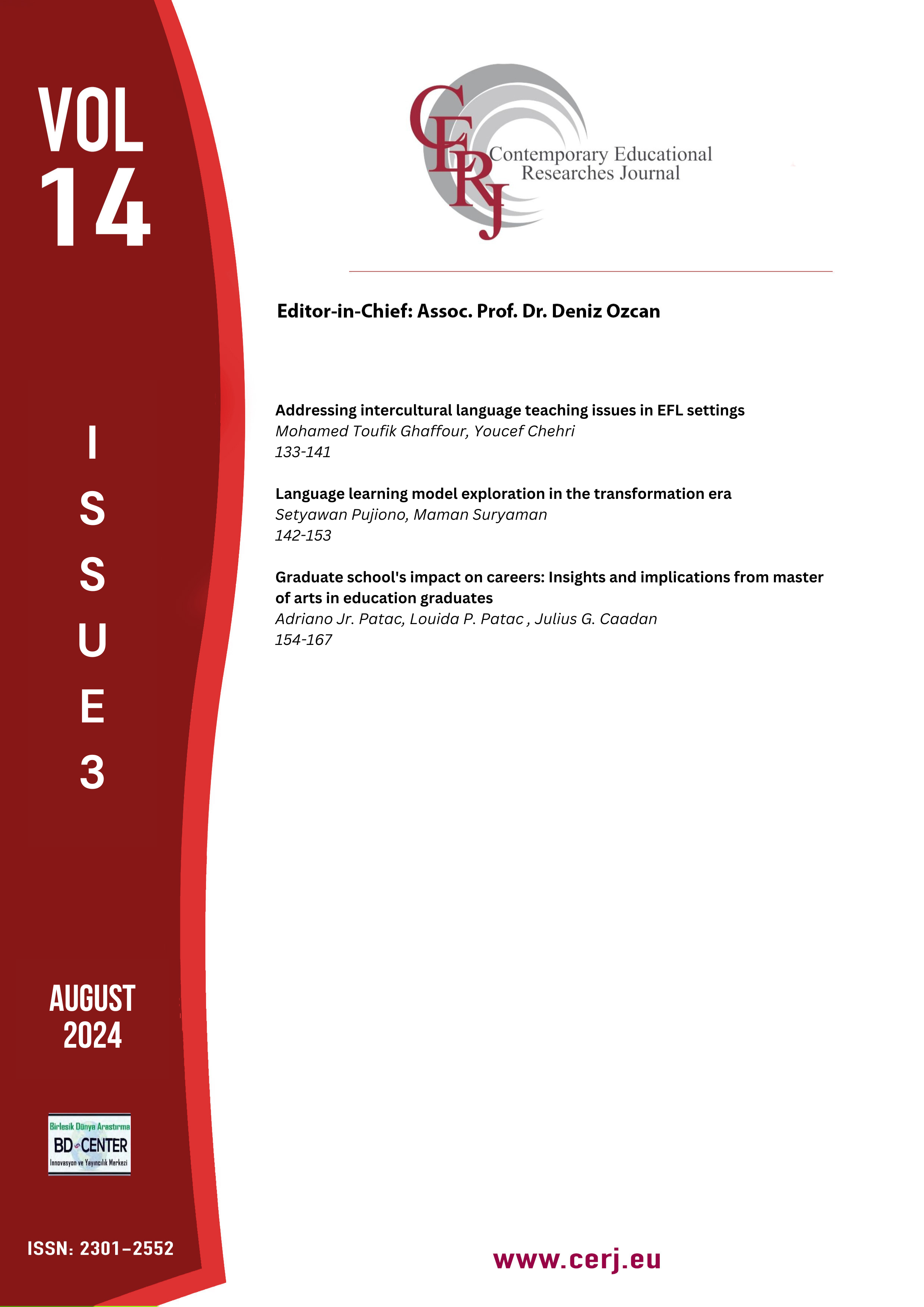Language learning model exploration in the transformation era
Main Article Content
Abstract
The key to successful learning is strongly influenced by the use of an effective learning model. Redesigning language learning models is necessary for teachers so that they can contribute positively to the achievement of student competencies in the 21st century. In this regard, this study aimed to describe the exploration of language learning models in high-ranking schools in Yogyakarta. The focus of this research was on the use of learning models in the planning and implementation of language learning by teachers. The subjects of this qualitative descriptive research were the Indonesian Language teachers in Yogyakarta. Data were obtained through documentation, observation, and interviews. Data analysis techniques included identification, classification, reduction, and conclusion. The results show that teachers prepare a learning model planning in the form of lesson plans in learning texts on official letters and non-fiction. The lesson plans are equipped with the model components such as learning syntax, support systems media, and instructional impacts, that is basic competencies and objectives. The implementation of the language learning models in Yogyakarta is varied and able to create an active, critical, and creative learning atmosphere.
Keywords: Language; learning; learning model; transformation
Downloads
Article Details

This work is licensed under a Creative Commons Attribution-NonCommercial-NoDerivatives 4.0 International License.
Authors who publish with this journal agree to the following terms:
- Authors retain copyright and grant the journal right of first publication with the work simultaneously licensed under a Creative Commons Attribution License that allows others to share the work with an acknowledgement of the work's authorship and initial publication in this journal.
- Authors are able to enter into separate, additional contractual arrangements for the non-exclusive distribution of the journal's published version of the work (e.g., post it to an institutional repository or publish it in a book), with an acknowledgement of its initial publication in this journal.
- Authors are permitted and encouraged to post their work online (e.g., in institutional repositories or on their website) prior to and during the submission process, as it can lead to productive exchanges, as well as earlier and greater citation of published work (See The Effect of Open Access).
